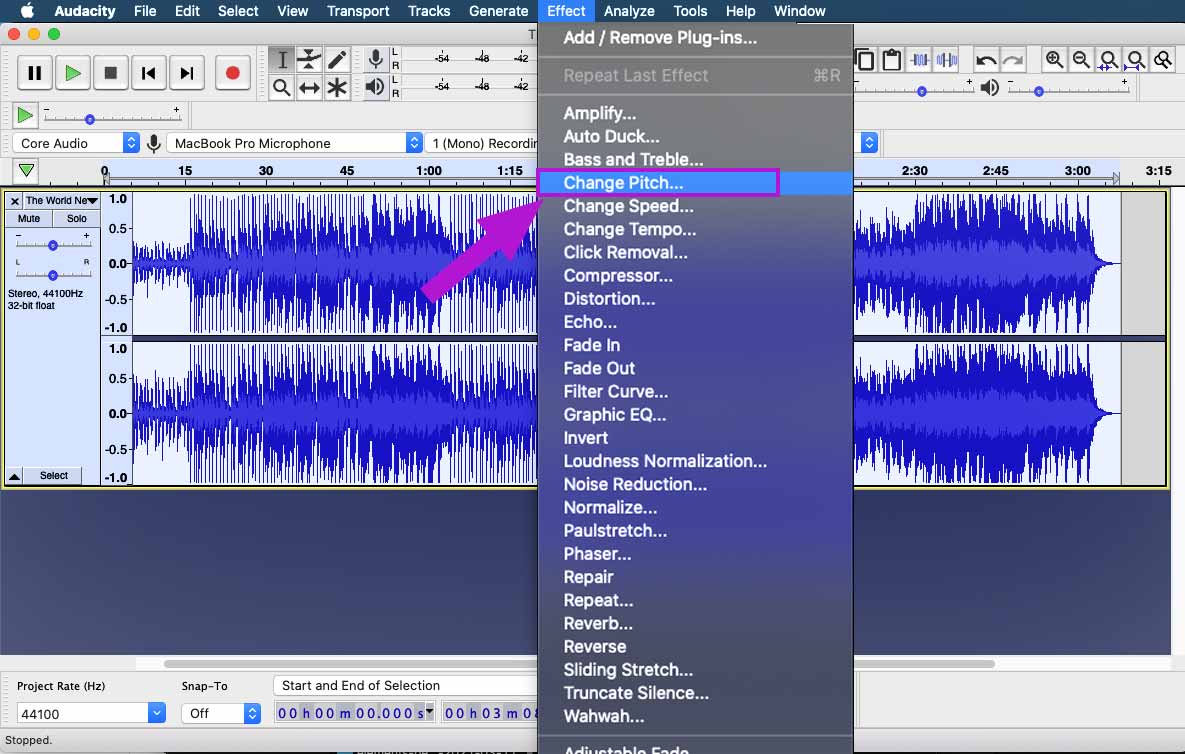Does Changing The Pitch Of A Song Avoid Copyright – is the article you’re searching for. Hopefully, you can find information related to Does Changing The Pitch Of A Song Avoid Copyright here, all of which we’ve summarized from various reliable sources.

Does Changing the Pitch of a Song Avoid Copyright?
As a music enthusiast, I’ve always been intrigued by the complex interplay between artistic inspiration and copyright law. One question that has sparked my curiosity is whether simply altering the pitch of a song is enough to evade copyright infringement. To delve into this topic, let’s explore its nuances and provide clarity on the legal and ethical implications.
Copyright and Derivative Works
Copyright is a legal framework that grants creators exclusive rights over their works, including songs. When it comes to derivative works, which are creations based upon existing works, copyright law imposes restrictions to safeguard the rights of the original creator. Any substantial modification of a copyrighted work, such as changing its melody, lyrics, or arrangement, may lead to a copyright infringement claim.
Pitch Shifting and Copyright
Pitch shifting is a technique that involves altering the frequency of a song, effectively changing its pitch without modifying its melodic structure. While this technique may seem like a clever way to avoid copyright, it’s important to note that simply changing the pitch does not necessarily render a work a distinct and original creation.
The Doctrine of Substantial Similarity
The concept of “substantial similarity” is central to copyright law. To determine whether a modified work infringes on a copyrighted work, courts assess the overall similarity of the two creations. Even if the pitch has been altered, if the modified work retains the essential elements, such as melody, rhythm, and harmony, of the original, it may still be considered infringement.
Fair Use and Creative Commons
In some instances, using copyrighted material may be permissible under the “fair use” doctrine. Fair use allows limited use of copyrighted works for purposes such as criticism, commentary, teaching, or research. However, determining fair use can be a complex legal analysis that varies depending on factors like the nature of the use and the extent of the copying.
Additionally, some creators release their works under Creative Commons licenses, which allow others to use or adapt their work under certain conditions. These licenses offer users varying degrees of freedom and flexibility, provided that they adhere to the terms and conditions set forth by the copyright holder.
Expert Advice and Tips
To navigate the complexities of copyright law regarding pitch shifting, consider seeking professional legal advice from an attorney specializing in intellectual property. Additionally, here are some tips and expert advice to guide you:
- When using copyrighted material, always give proper credit to the original creator.
- If you’re uncertain whether your modifications constitute infringement, consult legal counsel for clarity.
- Explore Creative Commons-licensed works, which often allow for more flexible use.
- Respect the rights of creators and adhere to ethical practices when using their work.
Frequently Asked Questions
Q: Can I legally use a copyrighted song by simply changing its pitch?
A: No, changing the pitch alone does not exempt you from copyright infringement if the modified work retains the substantial similarity of the original.
Q: When is pitch shifting considered fair use?
A: Fair use applies to specific scenarios, such as criticism or education, where limited use of copyrighted material is permitted. It’s important to consult legal counsel to determine fair use in your particular situation.
Q: Are there any Creative Commons licenses that allow pitch shifting?
A: Some licenses, such as Creative Commons Attribution, grant permission to adapt and modify works, including pitch shifting, as long as you properly attribute the original creator.
Conclusion
While changing the pitch of a song may seem like a simple workaround to avoid copyright, it’s crucial to understand the legal implications and ethical considerations involved. To ensure compliance and foster a respectful creative environment, always prioritize respecting the rights of creators, seeking legal guidance when necessary, and adhering to fair use principles.
Let me know if you have any further questions or if you’re interested in diving deeper into this topic.

Image: www.groovypost.com
Does Changing The Pitch Of A Song Avoid Copyright has been read by you on our site. We express our gratitude for your visit, and we hope this article is beneficial for you.